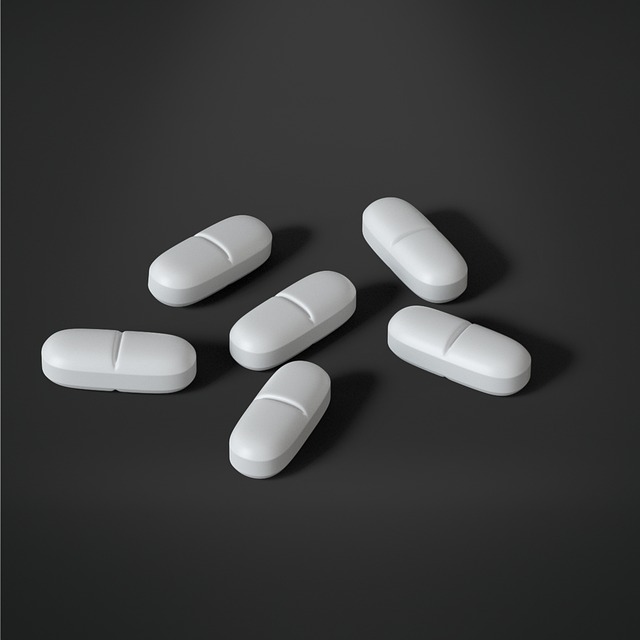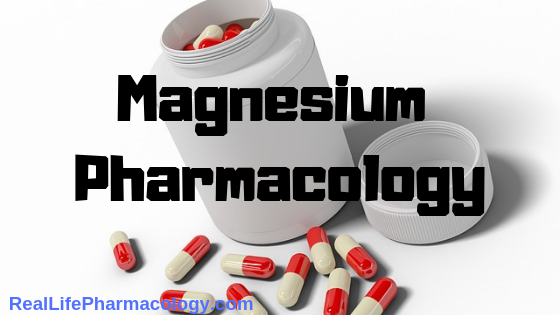Podcast: Play in new window | Download (Duration: 13:23 — 6.1MB) | Embed
On this podcast episode, I discuss levofloxacin pharmacology, adverse effects, boxed warnings, interactions, and much more.
Levofloxacin is well known to cause QTc prolongation and many drugs can increase this risk such as antiarrhythmics, citalopram, antipsychotics, and many more.
Binding interactions are important when discussing levofloxacin pharmacology. Calcium, iron, magnesium, and many other cations can block the absorption of this medication.
I discuss tendon rupture in relation to levofloxacin use and what factors may increase the risk of this rare adverse effect.
Be sure to check out our free Top 200 study guide – a 31 page PDF that is yours for FREE!
Support The Podcast and Check Out These Amazing Resources!
Meded101 Guide to Nursing Pharmacology (Amazon Highly Rated)
Guide to Drug Food Interactions (Amazon Best Seller)


